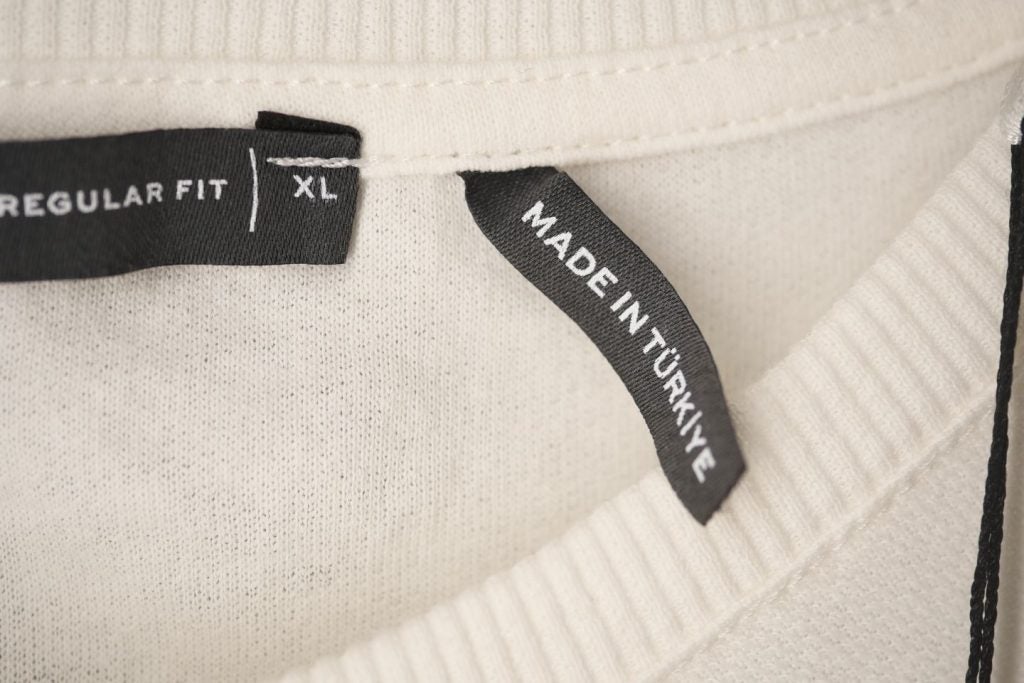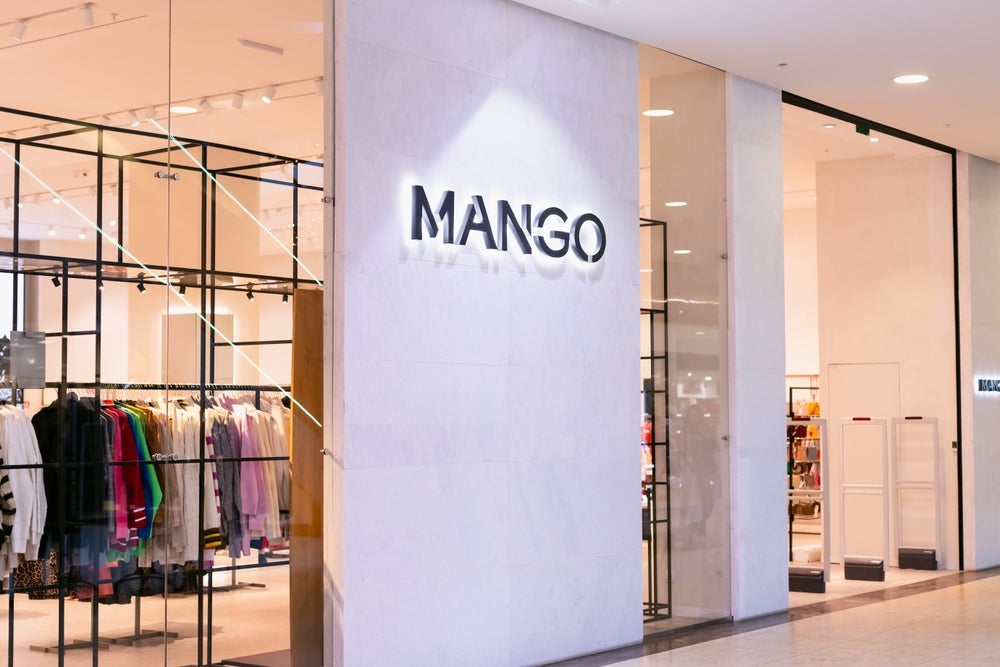Türkiye's garment and cotton sectors are suffering a slowdown in demand in American and European markets, with more than 1,000 garment manufacturing companies closing in 2023.
And according to industry sources, more than 85,000 employees within the sector in Türkiye were laid off this year. Cotton production – a key backward linkage and supply chain strength is forecast to have dropped by nearly 30% year-on-year in Türkiye as a result.
“It was good for the first half of the year, due to orders left over from 2022, but then we felt the [global] recession [the World Bank has predicted the world will register scant growth of 1.7% this year], and our manufacturing costs are a bit higher than other garment manufacturing countries,” said Mehmet Kaya, board member of the Istanbul Apparel Exporters' Association (İHKİB - İstanbul Hazır Giyim Ve Konfeksiyon İhracatçıları Birliği). “The year ahead will be a little bit tough because of new regulations in near-sourcing, sustainability, and circularity issues. It is a bit hectic for decision-makers and is going to be a bit of a difficult first half (of 2024). There will be a need for better inventory management.”
These challenges follow two years of growth for garment exports from Türkiye - in 2021, they surged by 21% on the previous year to $21.2 billion and rose by 5% in 2022 to $22.2 billion. Figures for the first nine months of 2023, however, show a 6.5% decline on the same period in 2022, dropping by $1.1 billion to $15.8 billion, according to the İHKİB.
Navdeep Sodhi, a partner at Switzerland-based Gherzi Textil Organisation (GTO), attributed the slide in exports to the ongoing impact of the Covid-19 virus on economies and consumers: “There was a temporary spurt in the global market in 2021 and 2022, but fizzled out in the second half of 2022, and this went into 2023. The industry has yet to recover from that impact,” he said. This year, garments and textiles imports valued in USD have shrunk overall - 25% in the USA and by 15% in the European Union, according to Sodhi.
“Türkiye is being affected on all three fronts: macro-economic issues, regional demand issues, and internal demand issues,” he said. As a result, the garment industry's capacity is operating at about 70%, while spinning mills are operating at around half capacity. “This is due to the depressed downstream demand from the domestic market as well as exports,” said Sodhi.
Only exports of outerwear and menswear increased this year, by 5.7% (a 2.7% share of total exports) and by 3% (20.2% share) respectively. Babywear decreased the most, by 22.4% (1.6% of total share), t-shirts by 2.3% (15.5% share), hosiery by 10.8% (6.4% share), womenswear down by 4% (33.7% share) and knitwear down by 13.4% (12.3% share), according to figures supplied by the İHKİB.
The slowdown this year caused 1,322 apparel manufacturers across Türkiye to cease operating, with overall company numbers falling from 43,607 in December 2022 to 42,285 in September 2023. The number of employees in the apparel sector declined by 84,596, from 738,426 in December 2022, to 653,470 in September 2023, said the İHKİB.
Kaya said closures have continued since then. “There have not been bankruptcies of bigger manufacturers, but SMEs [small-and medium-sized enterprises] have faced difficulties due to the non-consistency of orders. We hope closures are temporary,” he said.
In cotton production, Türkiye was the sixth largest producer worldwide in 2022, but is forecast to have declined by 28.57% this year, according to statistical service IndexMundi figures. The devastating earthquake that hit the country in February (2023) impacted the country's cotton-producing areas, while farmers planted less due to low sales prices, said Kaya.
The US Foreign Agricultural Service estimates cotton production for 2023/24 at 735,000 tonnes while Turkish cotton consumption was forecast at 1.7 million tonnes.
Kaya said there is optimism for Turkish cotton production to rebound next year, bolstered by heightened traceability and a focus on organic cotton, in which the sector has been making significant investments.
Sodhi was also optimistic for the future, predicting the industry would bounce back once demand returns, especially if Turkish garment makers improve efficiency and competitiveness with peer manufacturing countries: “Türkiye has strong companies and a very innovative industry, and works closely with international buyers. It will spring back, but this transitional period will be tough,” he said.















